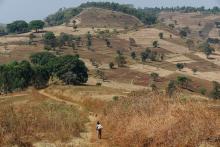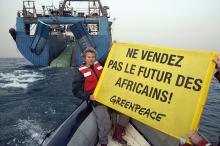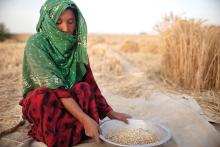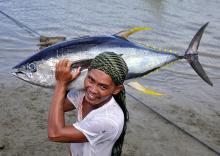Land Library
Welcome to the Land Portal Library. Explore our vast collection of open-access resources (over 74,000) including reports, journal articles, research papers, peer-reviewed publications, legal documents, videos and much more.
/ library resources
Showing items 73 through 81 of 545.A detailed situation analysis reveals key linkages between meagre services, insecure land tenure, and unjust governance institutions in Nairobi’s informal settlements.
In this book research focuses on a comparative analysis of the collective strategies employed by indigenous and peasant women to gain access to justice for the sexual violence and other human rights violations they suffered in the context of armed conflict and transition in Colombia and Guatemala
This report presents a preliminary synthesis of existing findings emerging from IDRC-supported projects on large-scale land acquisitions and accountability in Africa.
The validity of a title deed, or whether a property owner purchased in good faith, has recently been questioned and rejected by the land commission, a body under the auspices of the office of the presidency.
This policy brief is divided into three parts: research findings, policy analysis, and recommendations. Daily political and social processes determine what Kenya and Kenyans are becoming. The place where this becoming started was with colonial conquest and the resistance to conquest.
Fishery plays a crucial role in poverty and hunger alleviation. It is therefore all the more important to secure the long-term conservation of fish stocks as a natural resource and to ensure fair access to them.
The global demand for fish and fish products is continuously increasing. However, fisheries management is still insufficient, leading to over-exploitation, illegal fishing and massive post-harvest losses. Our authors describe what has to be done.
Aquaculture holds a big potential to satisfy the growing demand for aquatic food. Setting out from lessons learnt in past development projects, our author describes what fish farming systems must look like to fit the needs of smallholders and the environment.
A project run by the WWF has set itself the goal of transforming Philippine tuna fisheries towards more sustainable practices, securing the livelihoods of the small-scale fishers in the long term. European buyers who have committed to source from them provide the necessary incentives.









